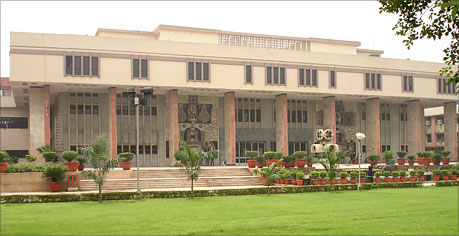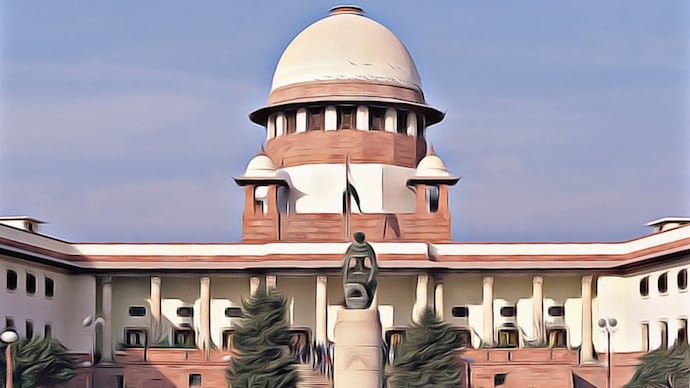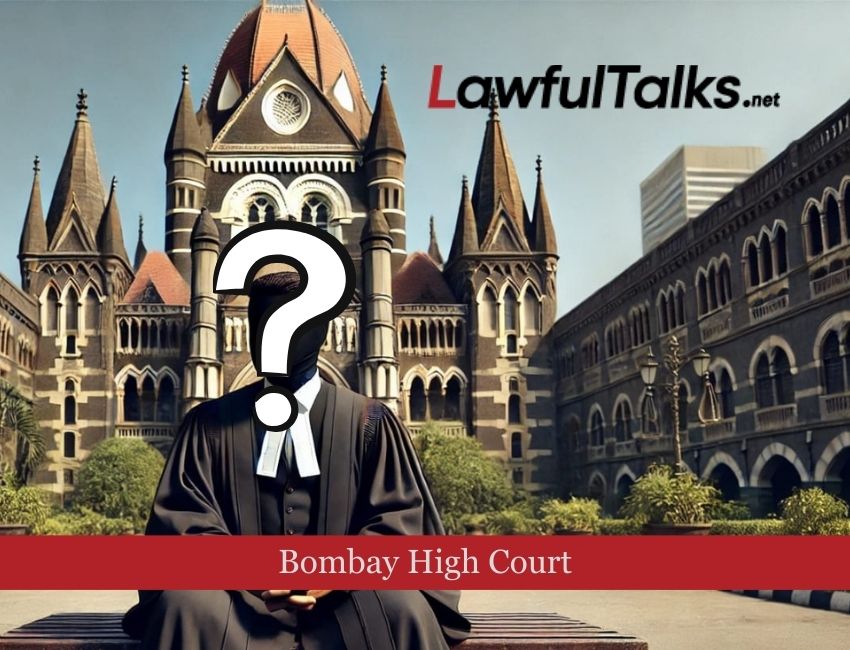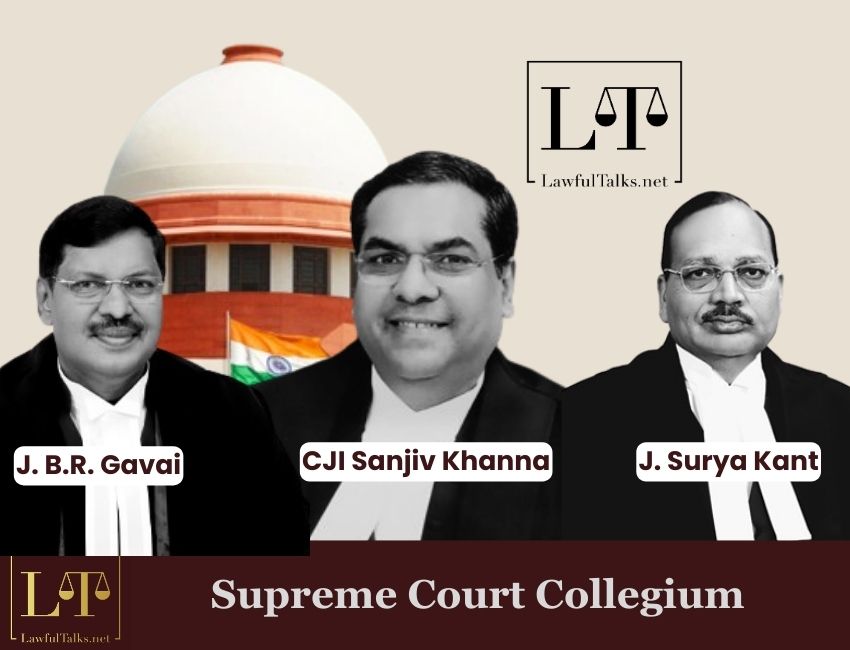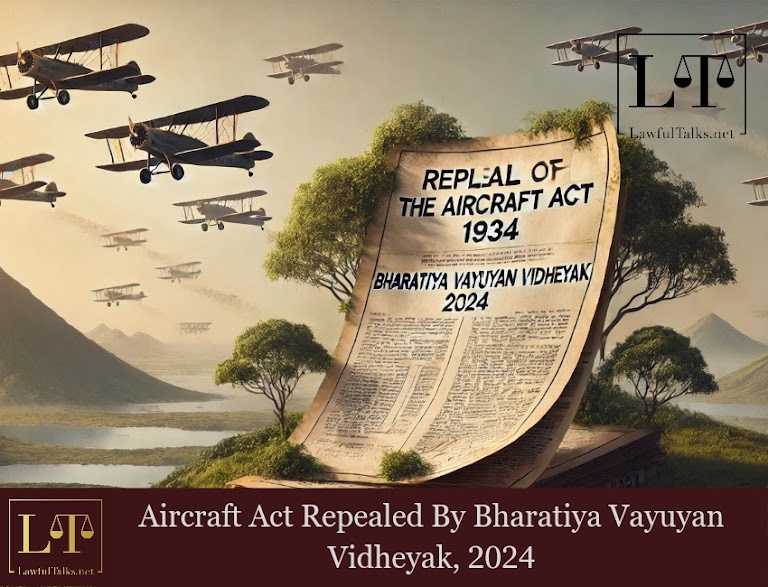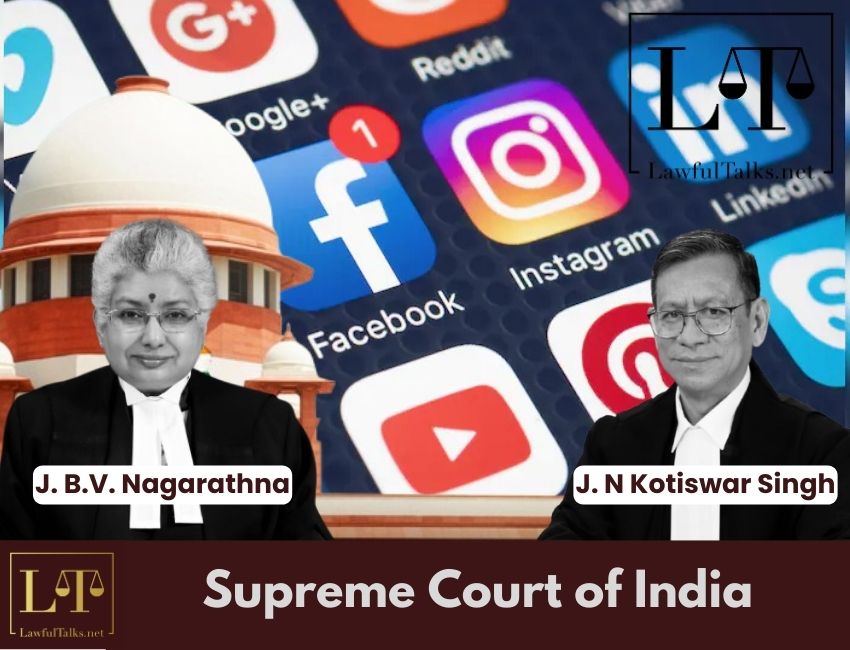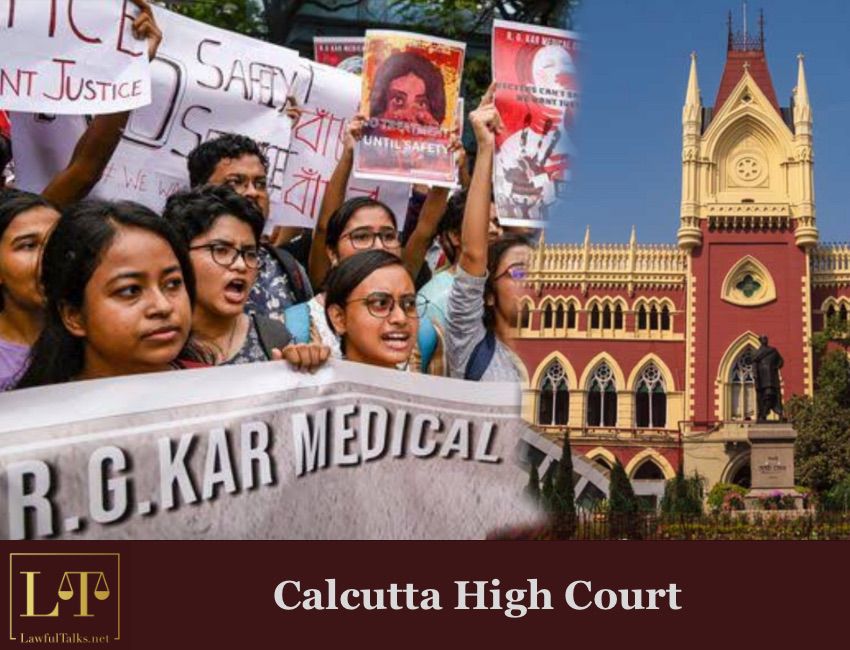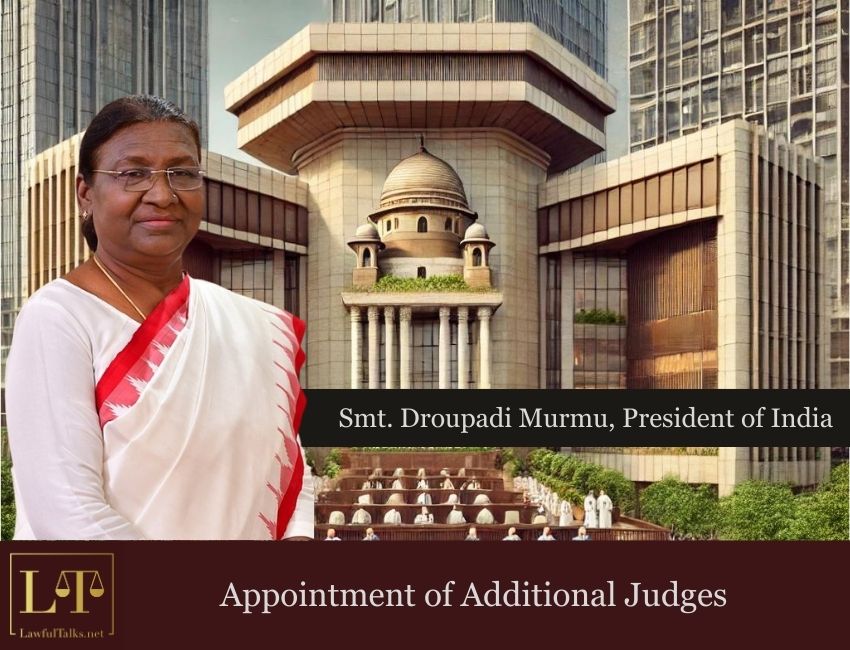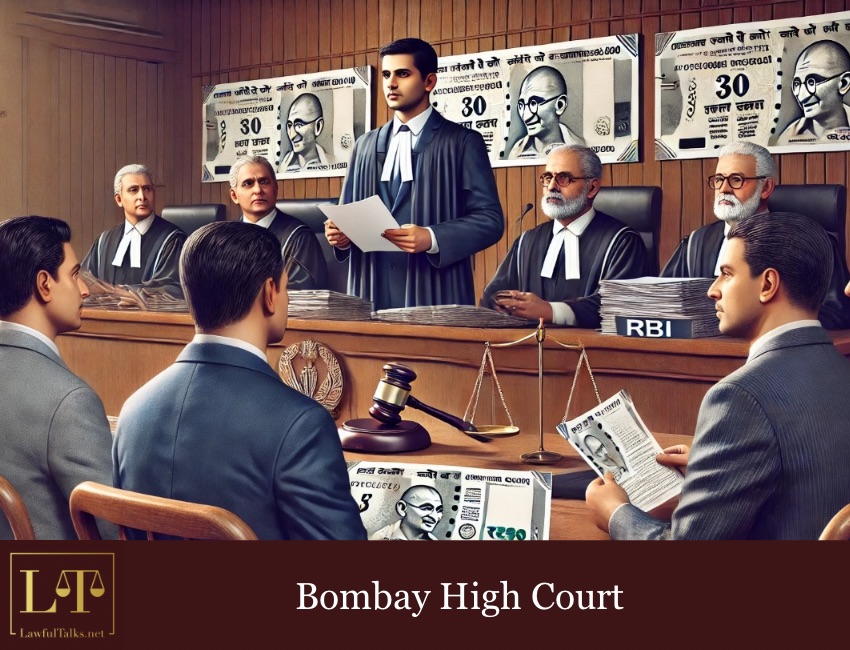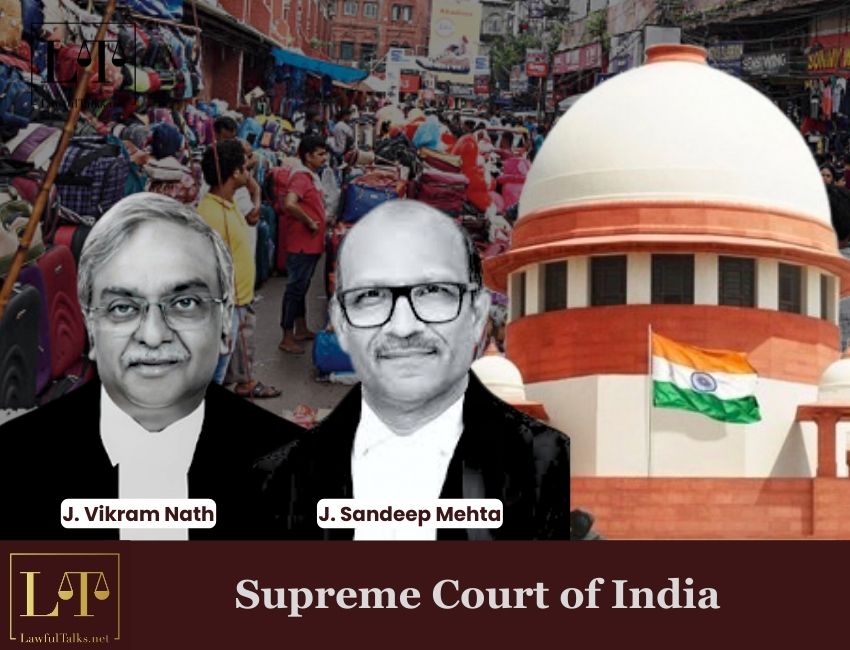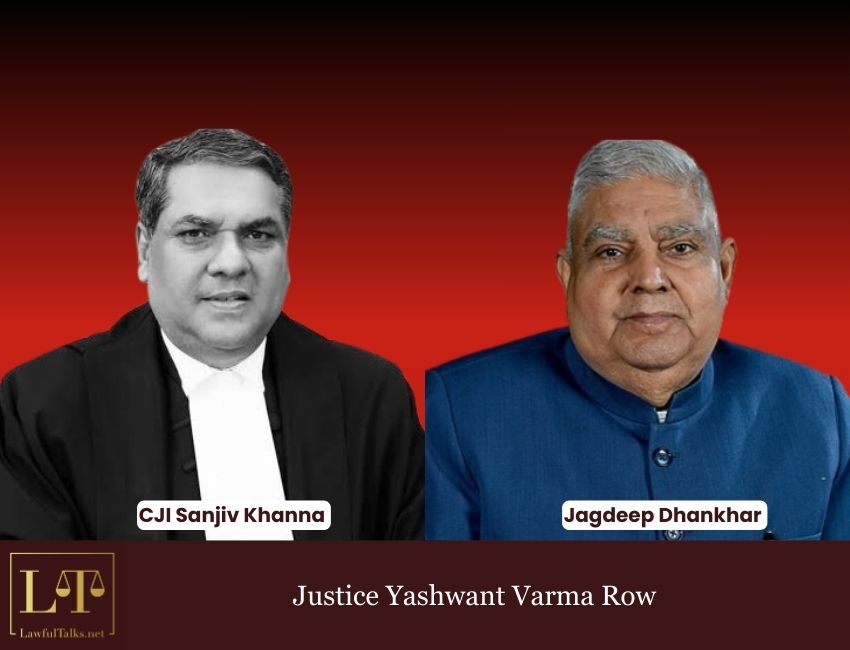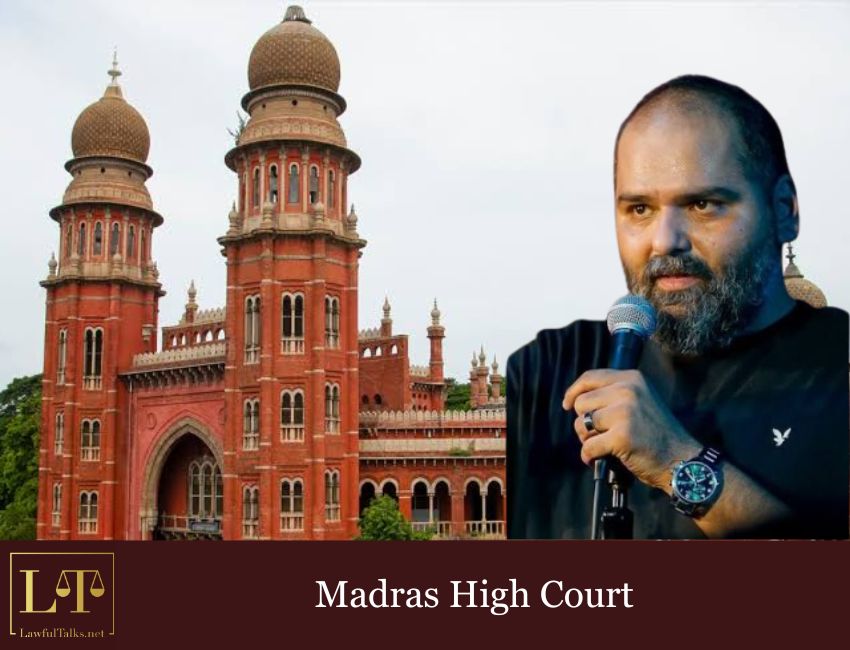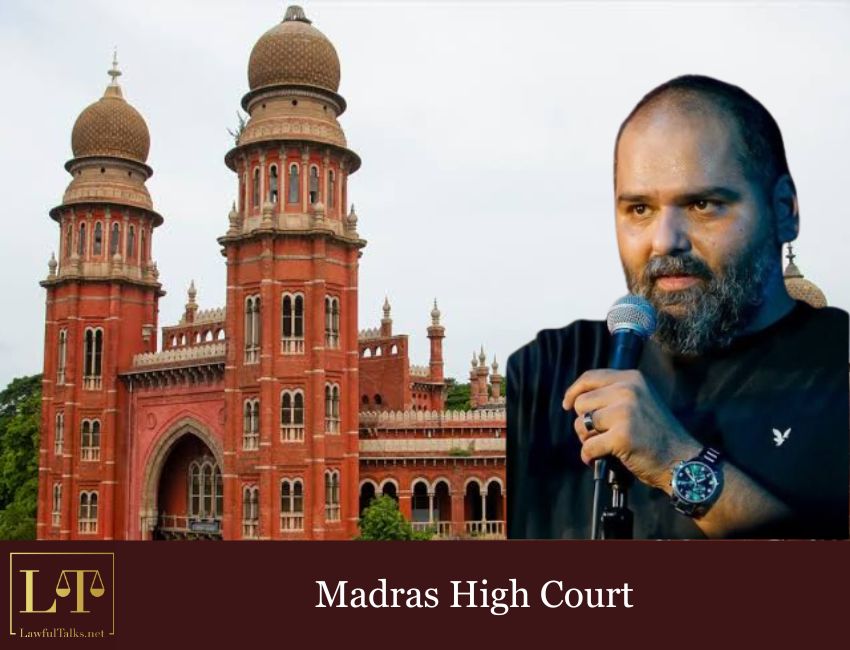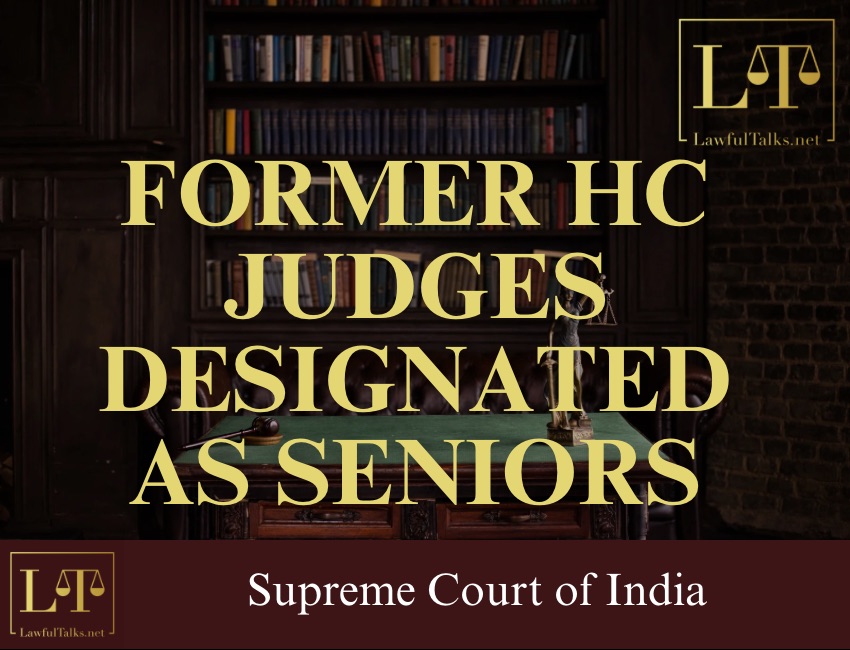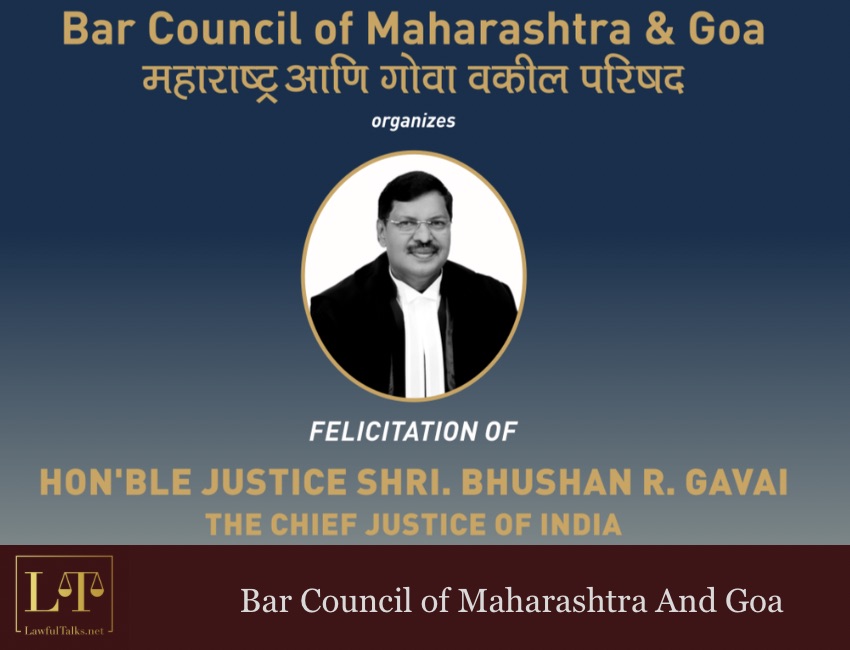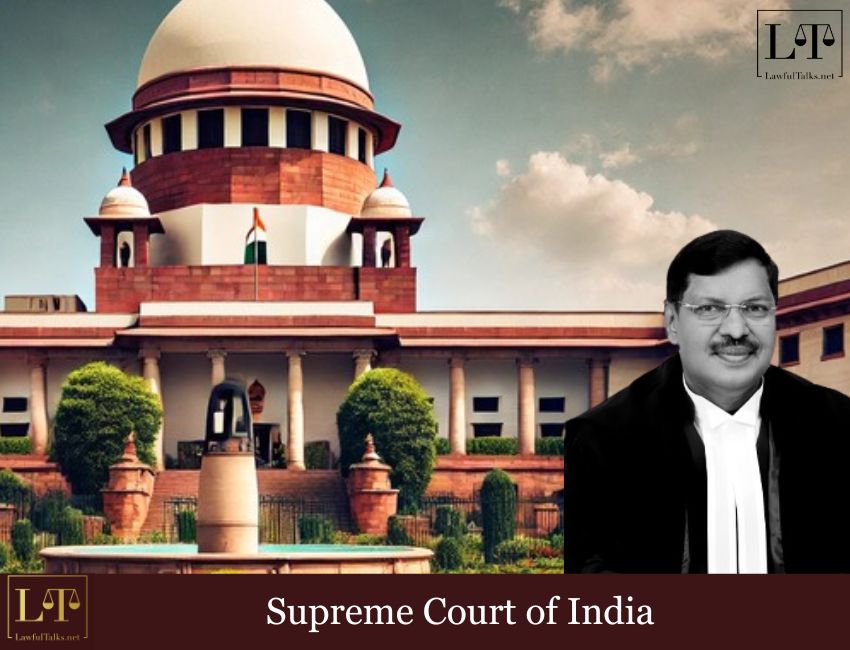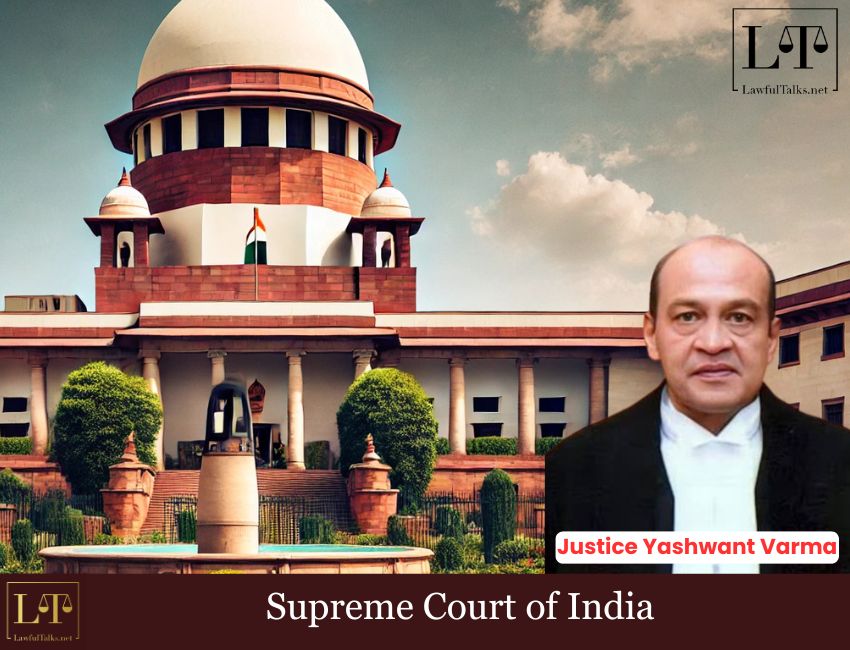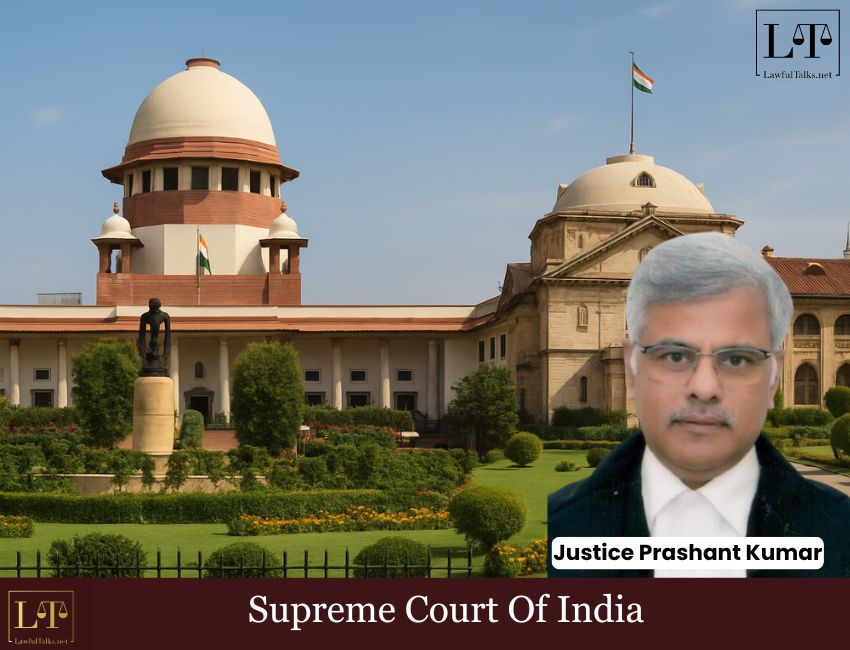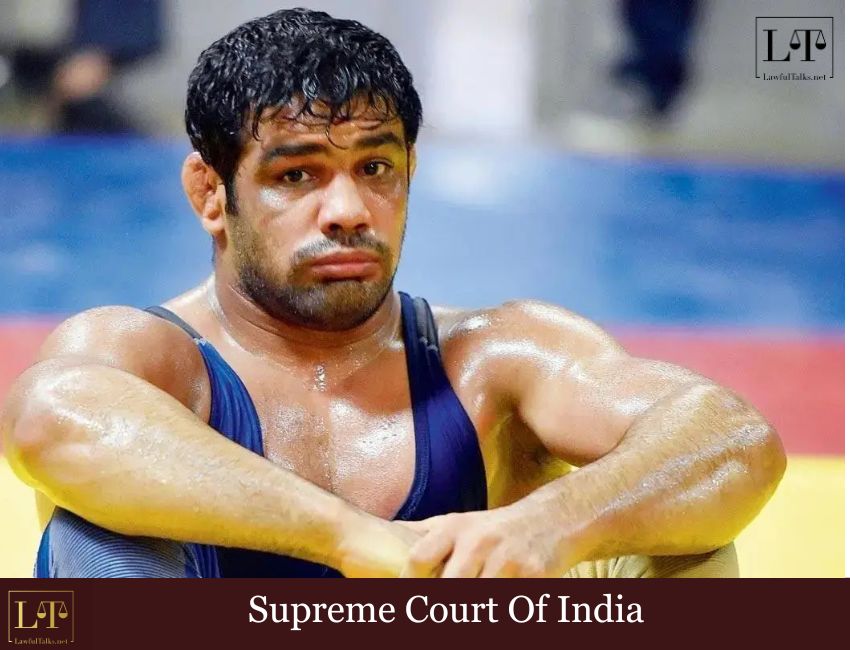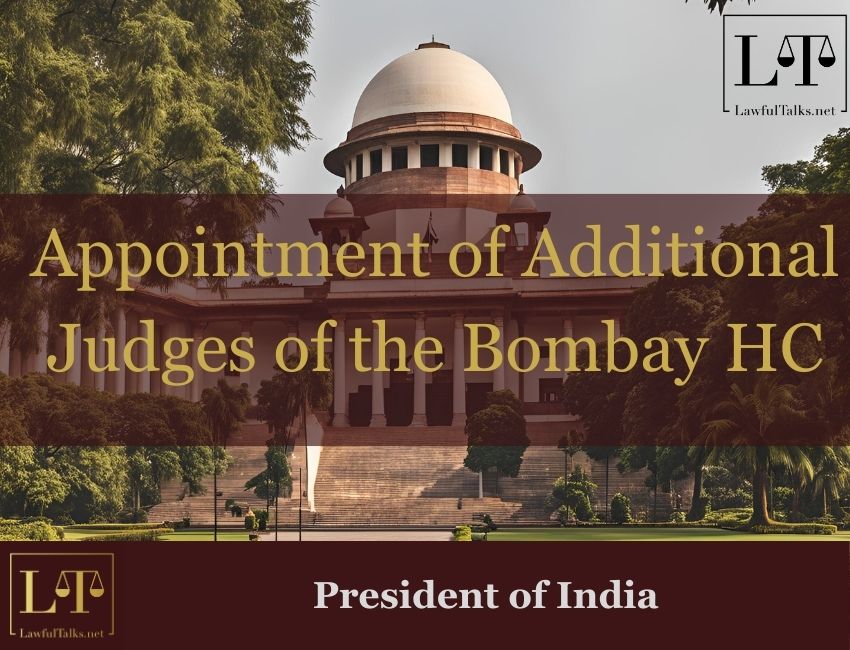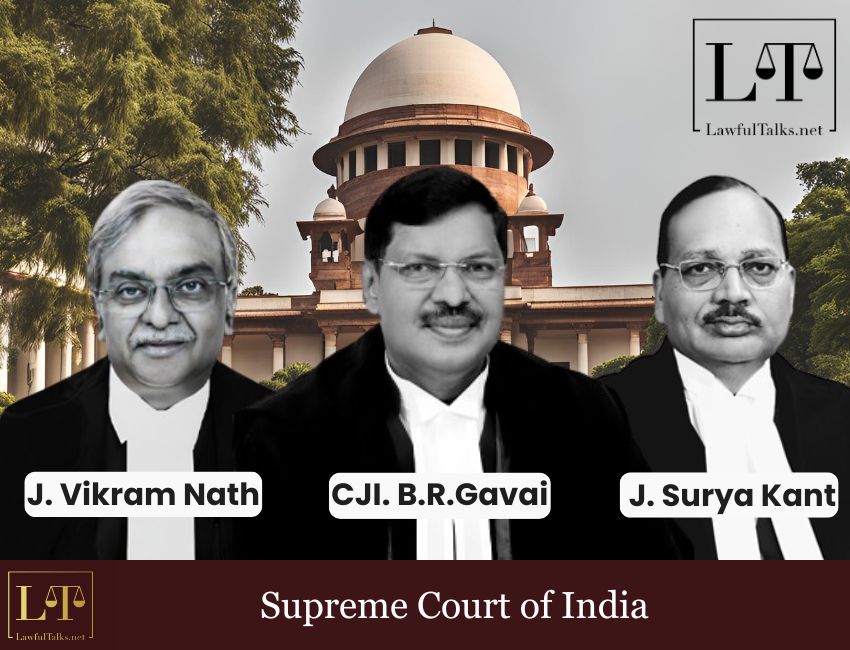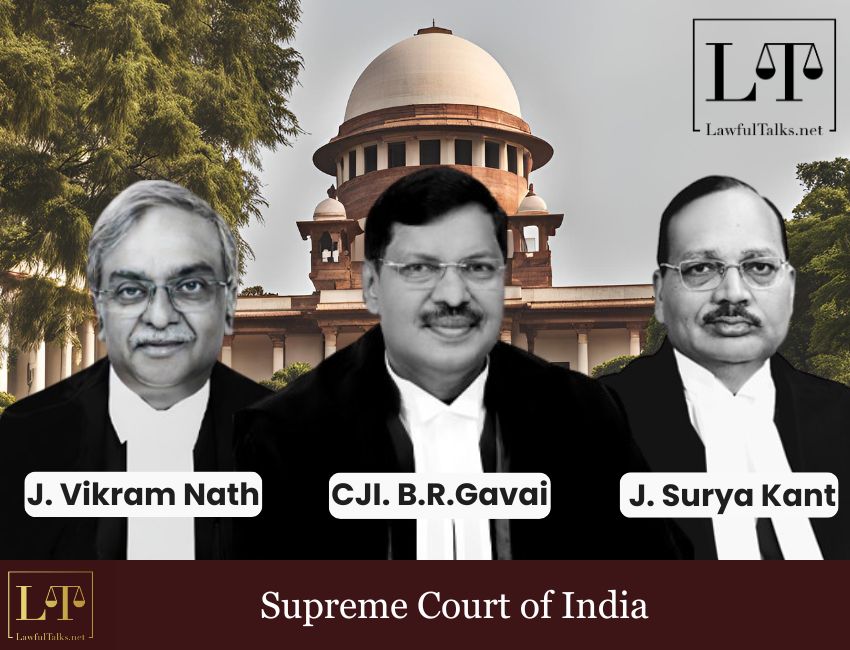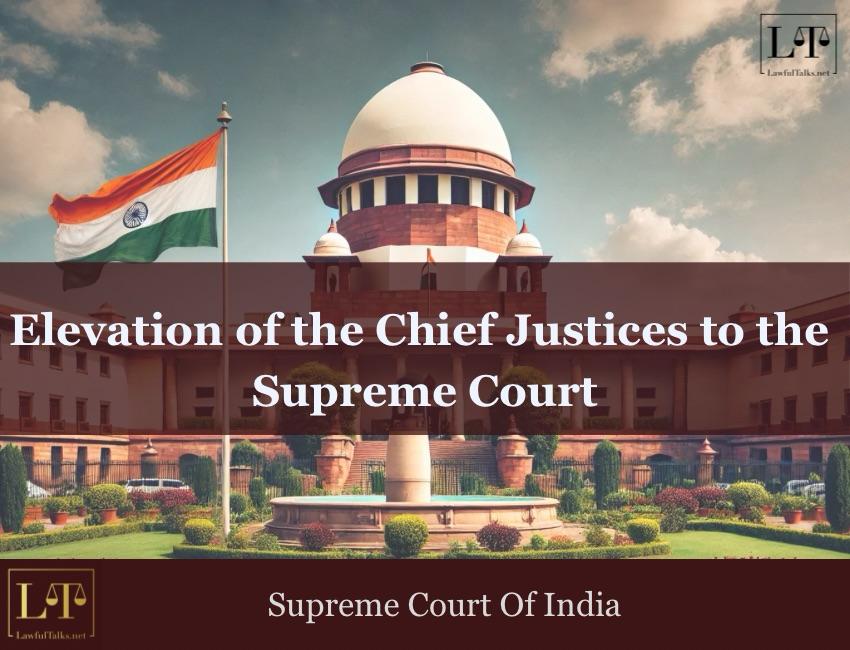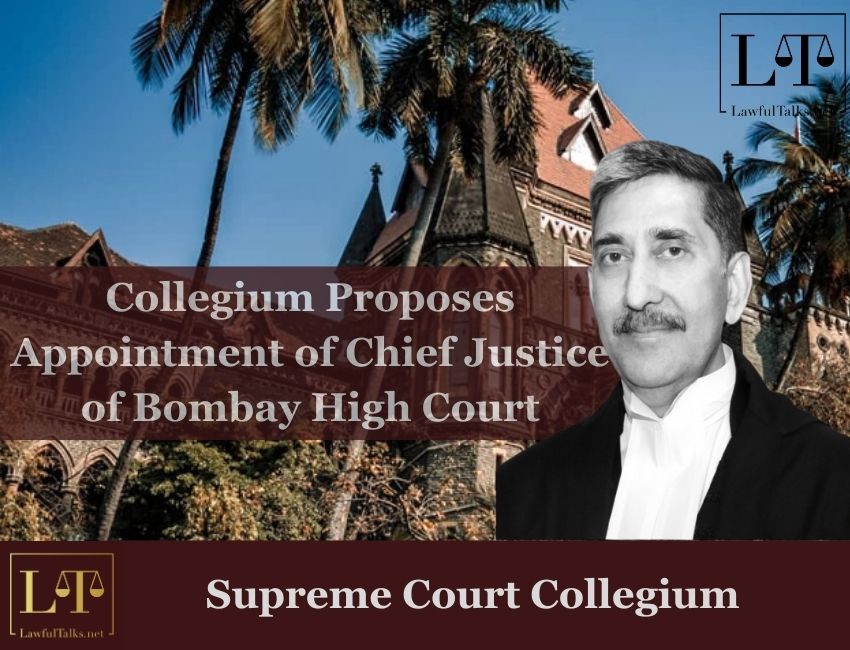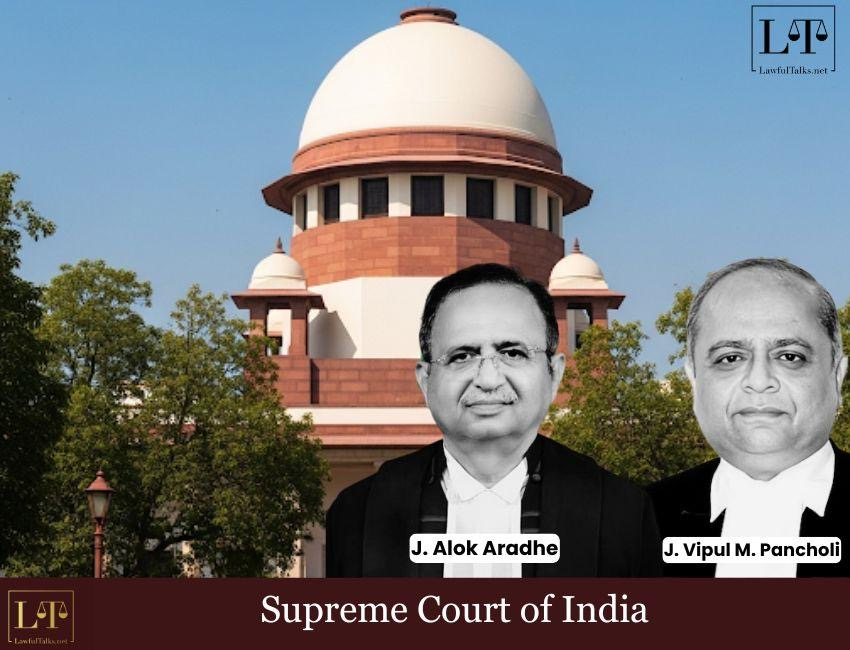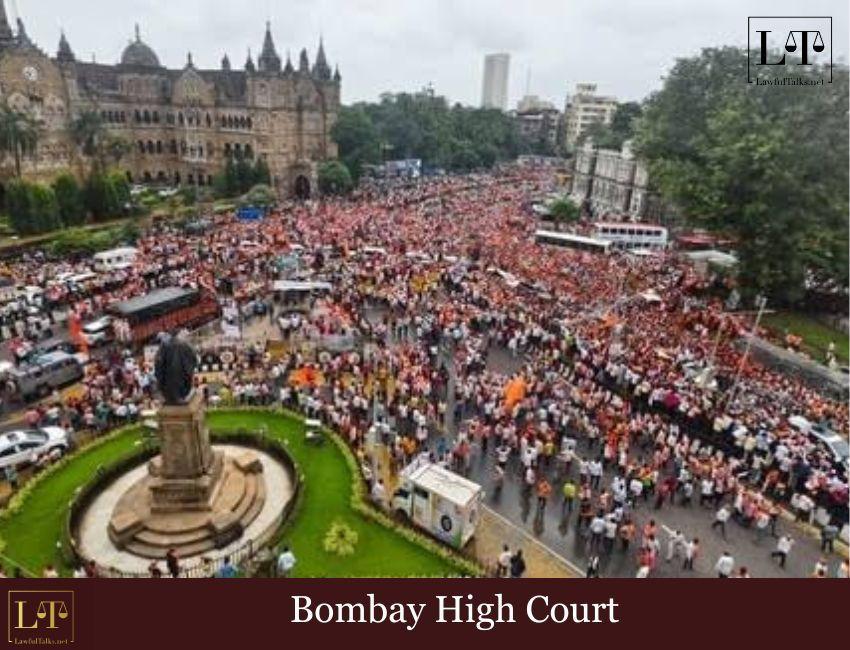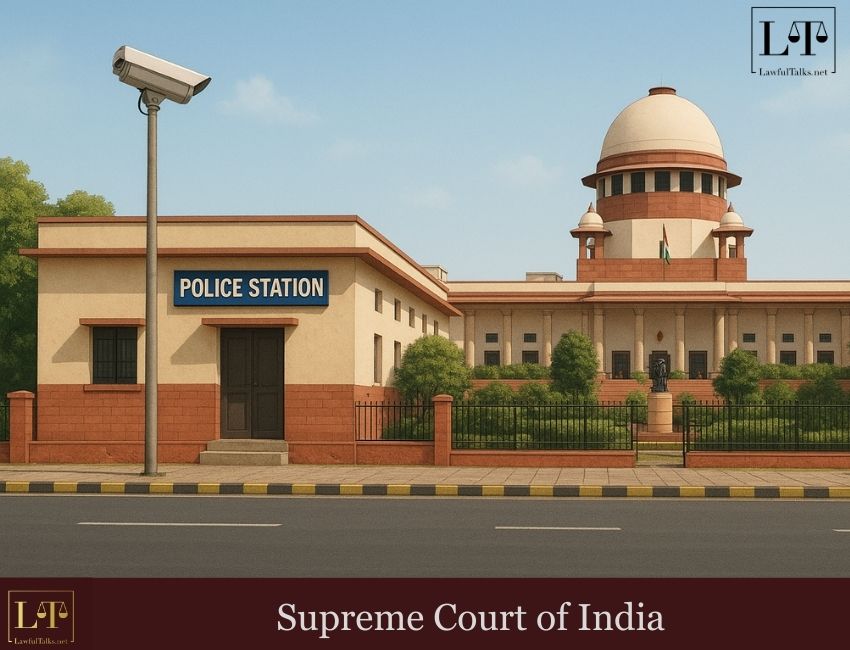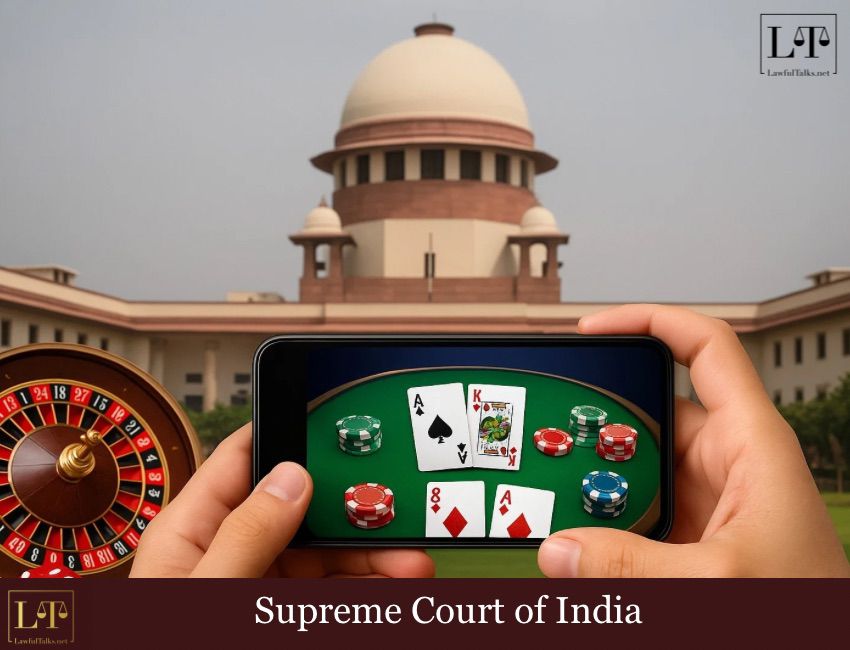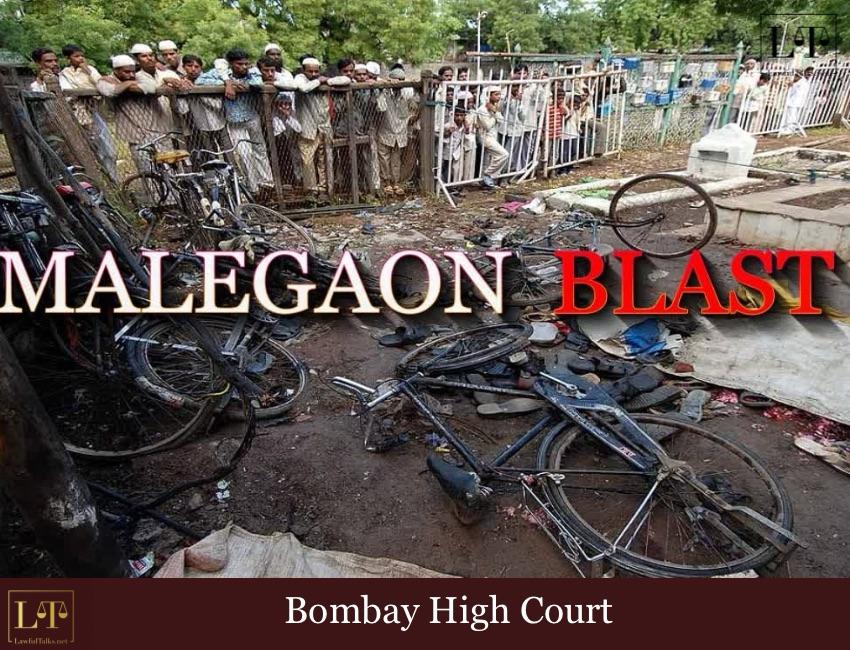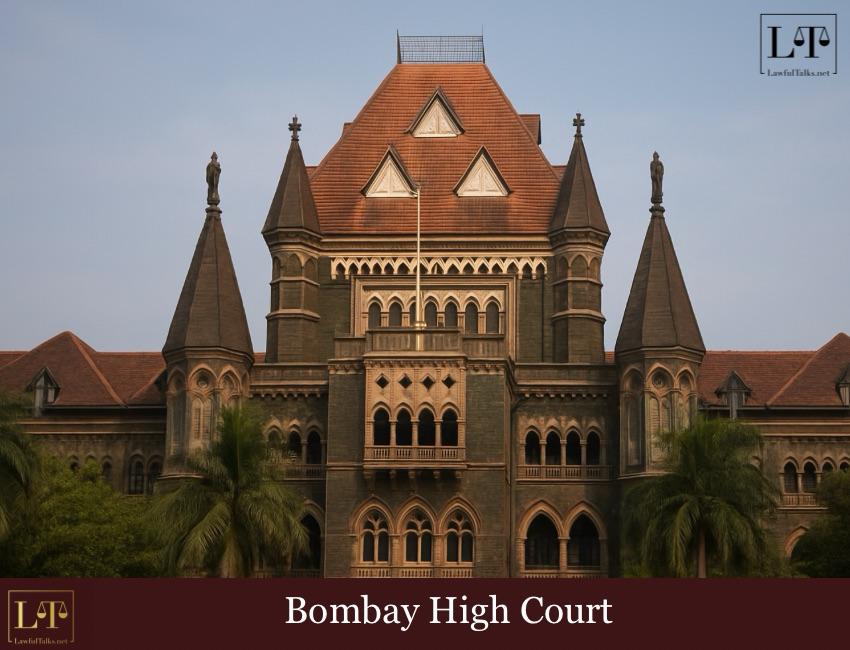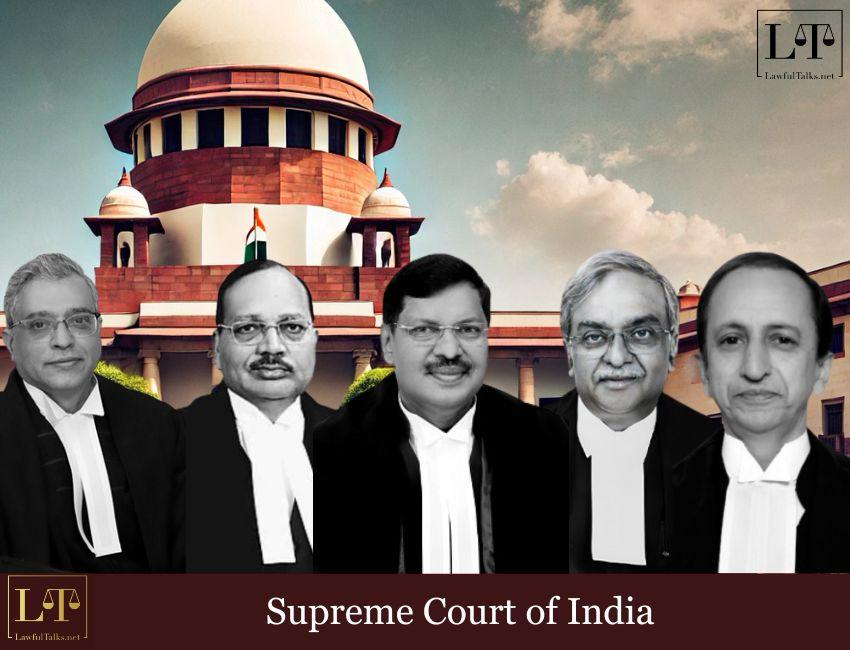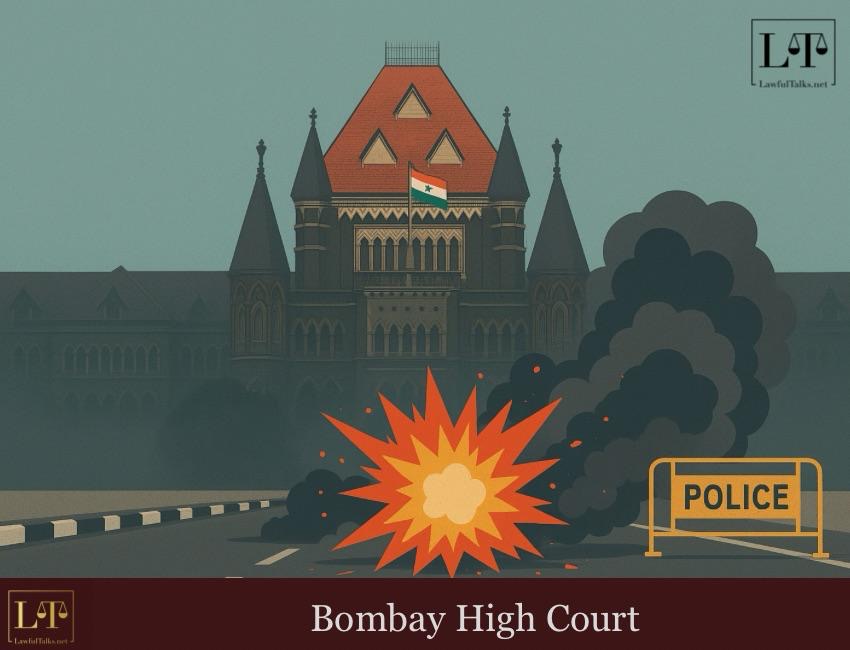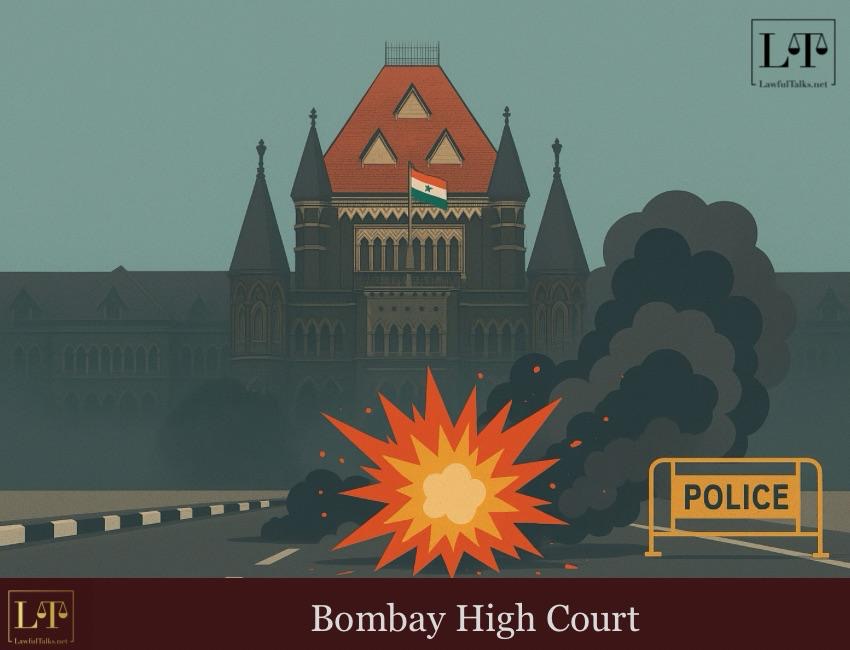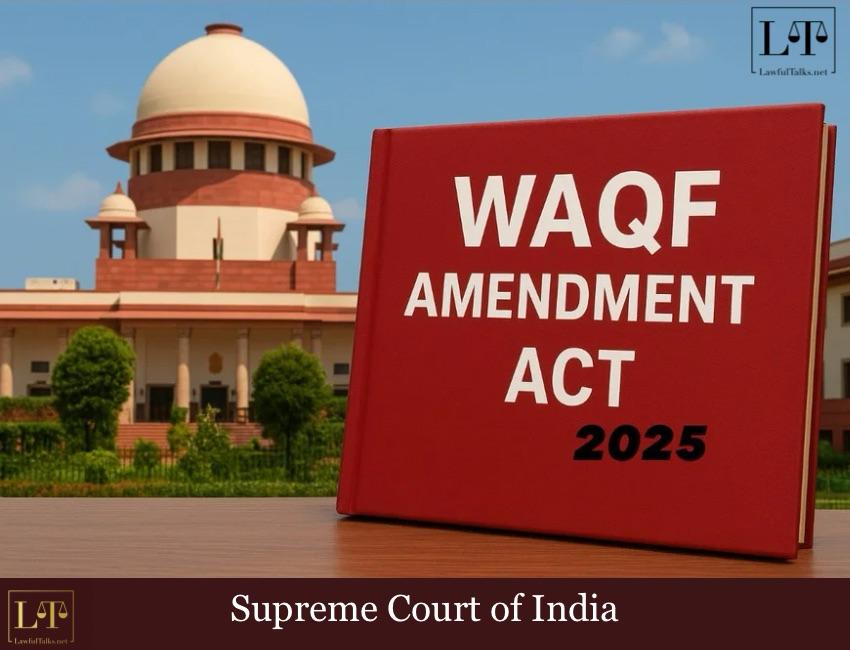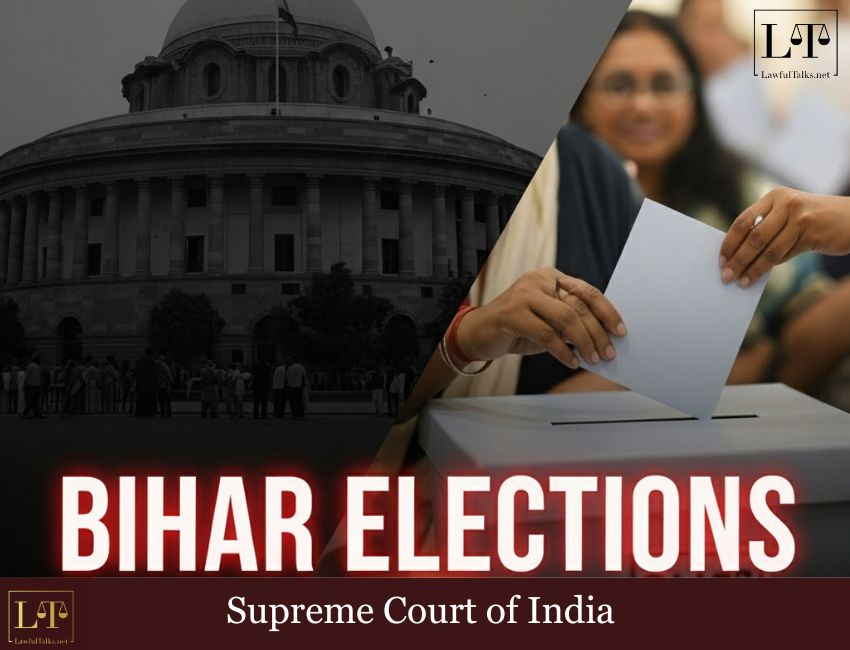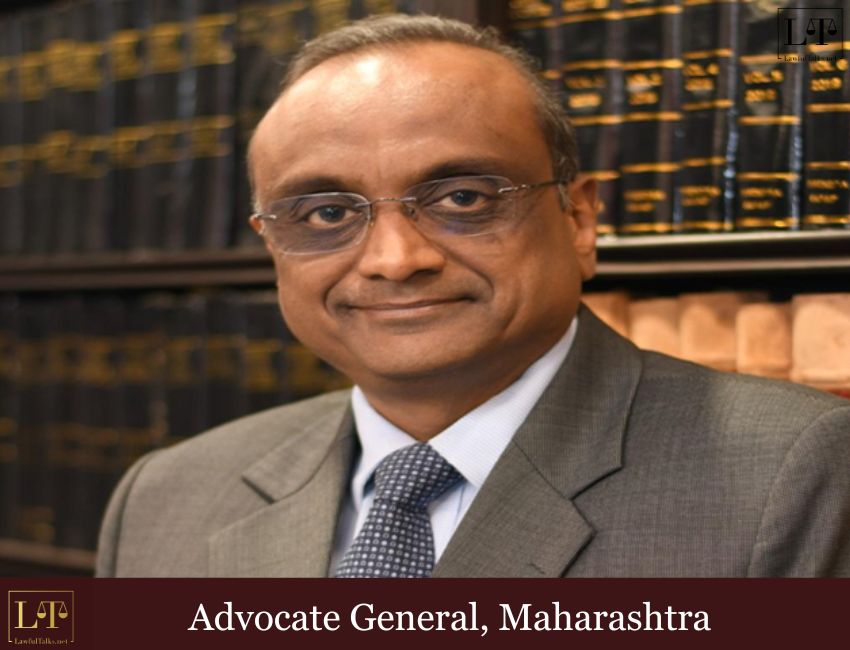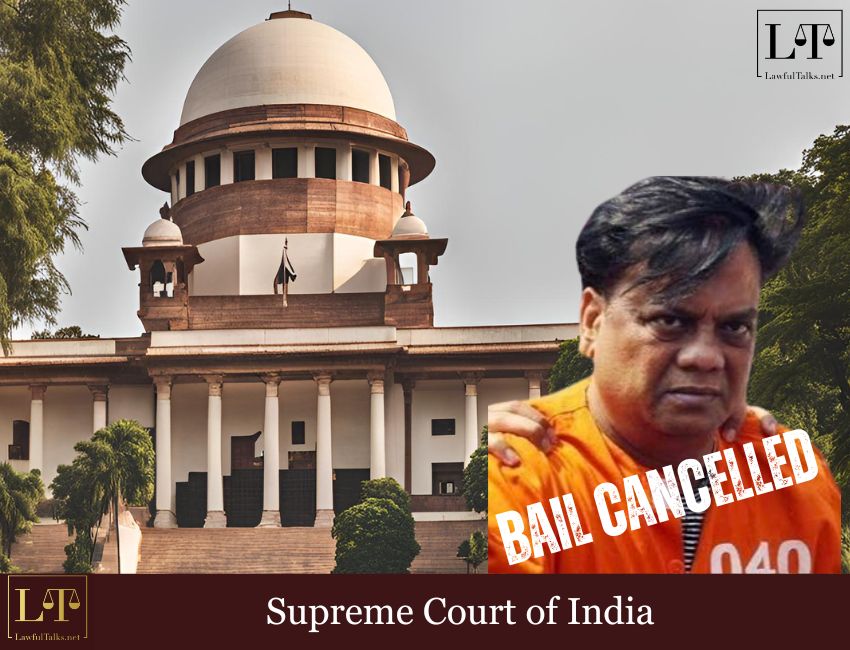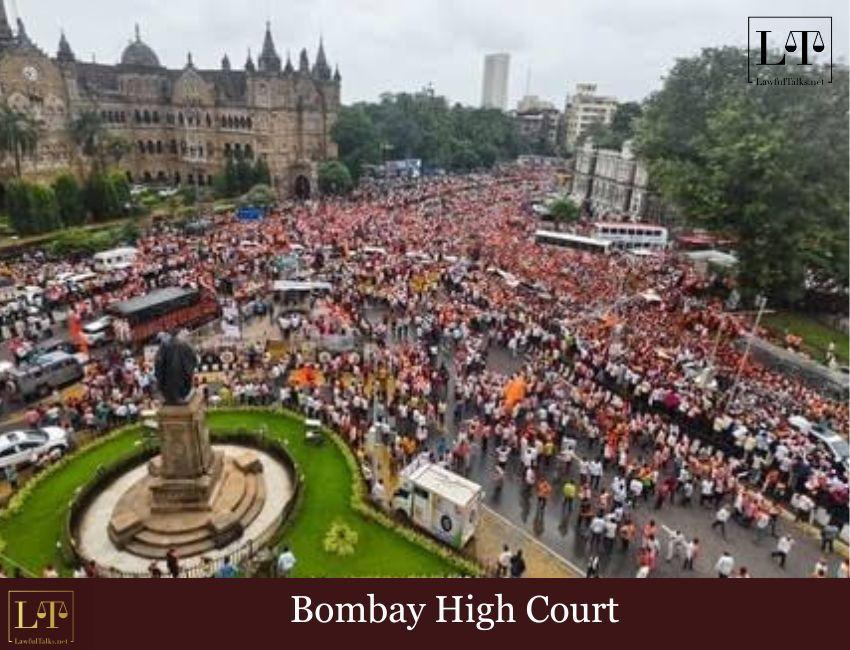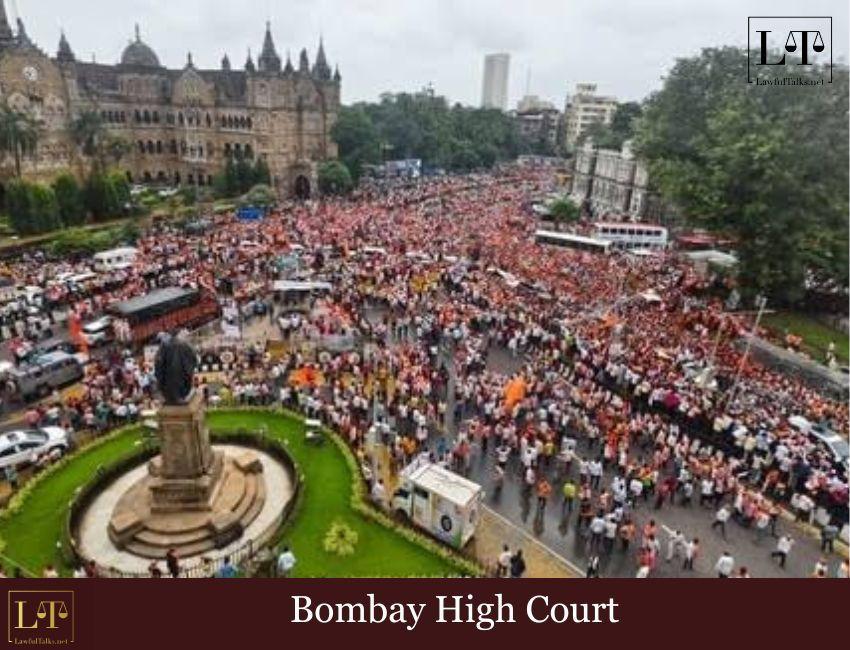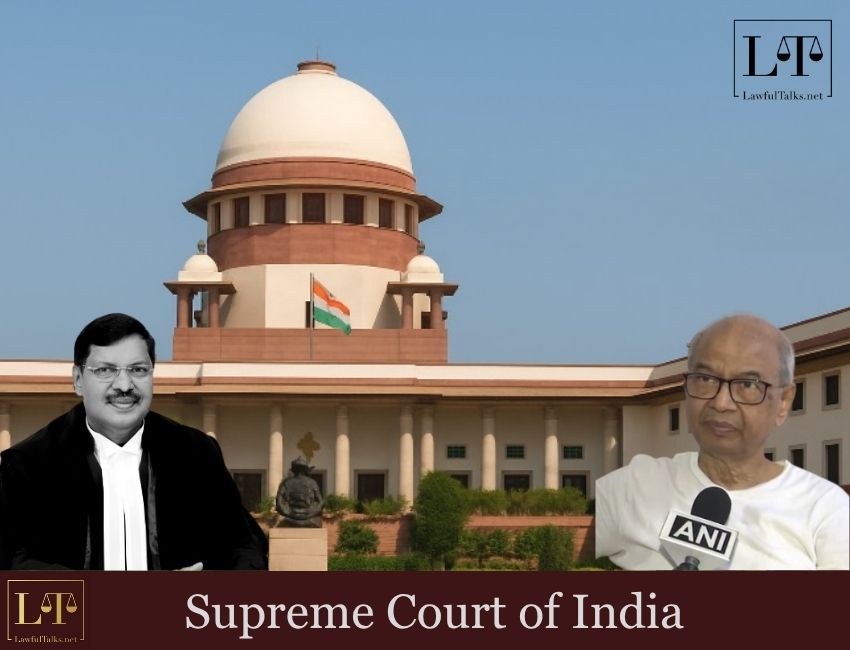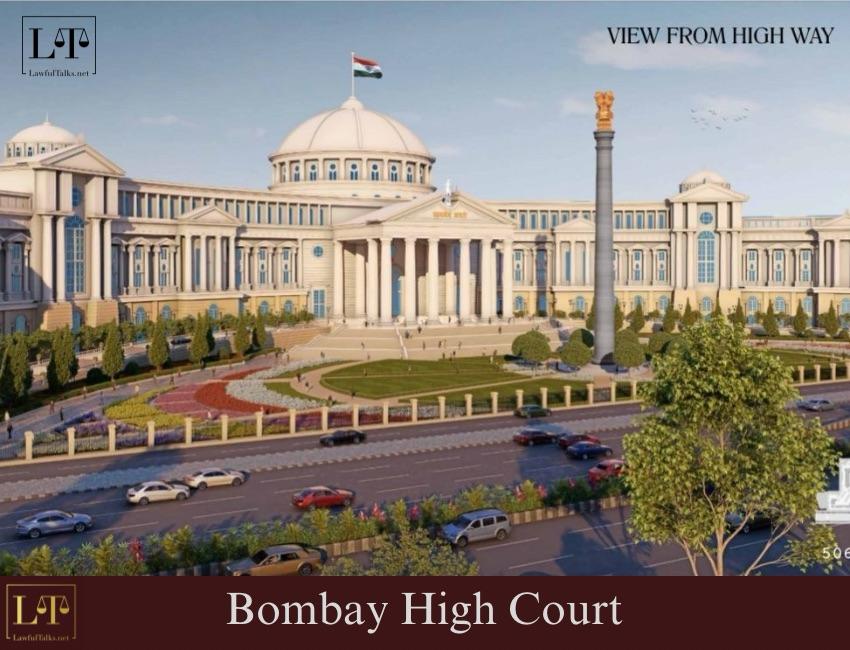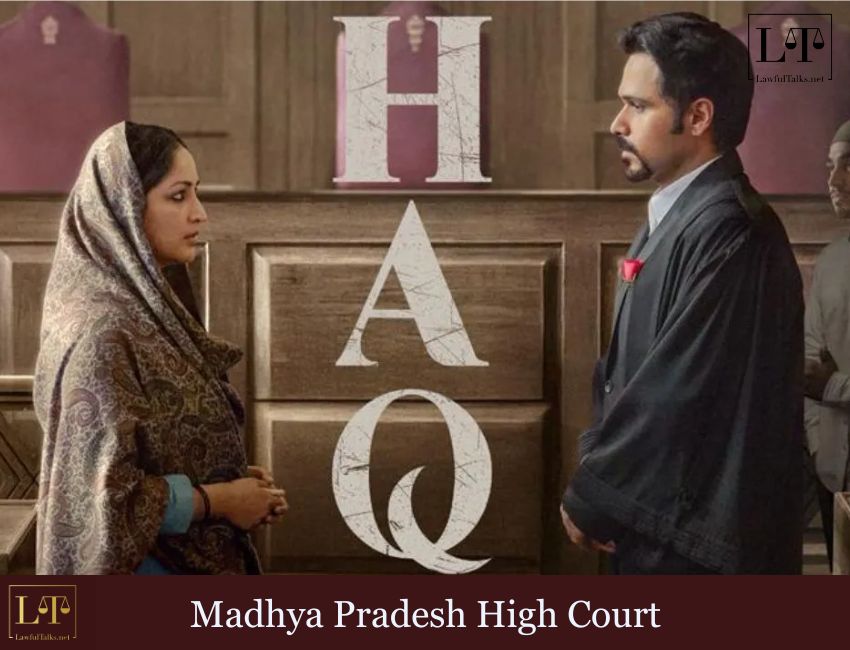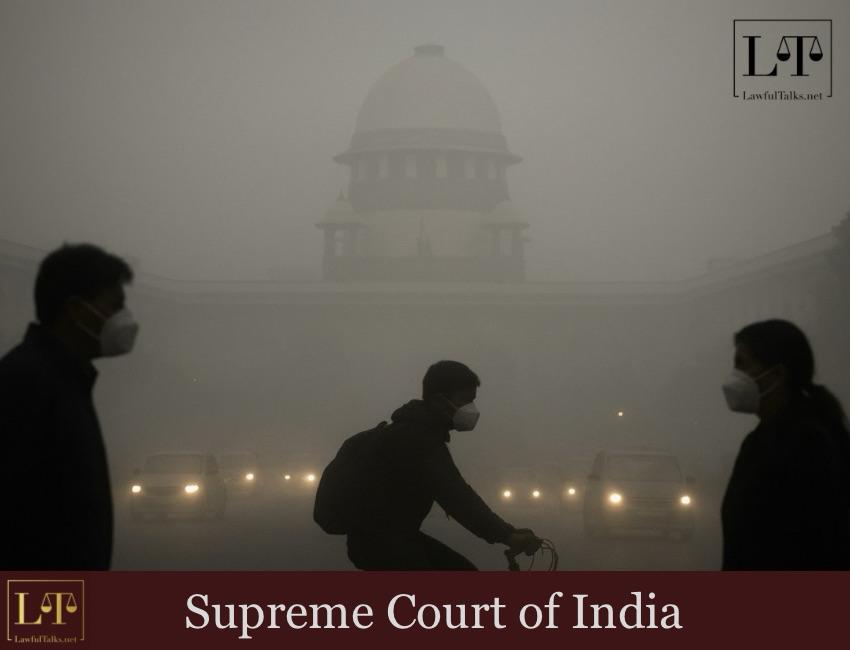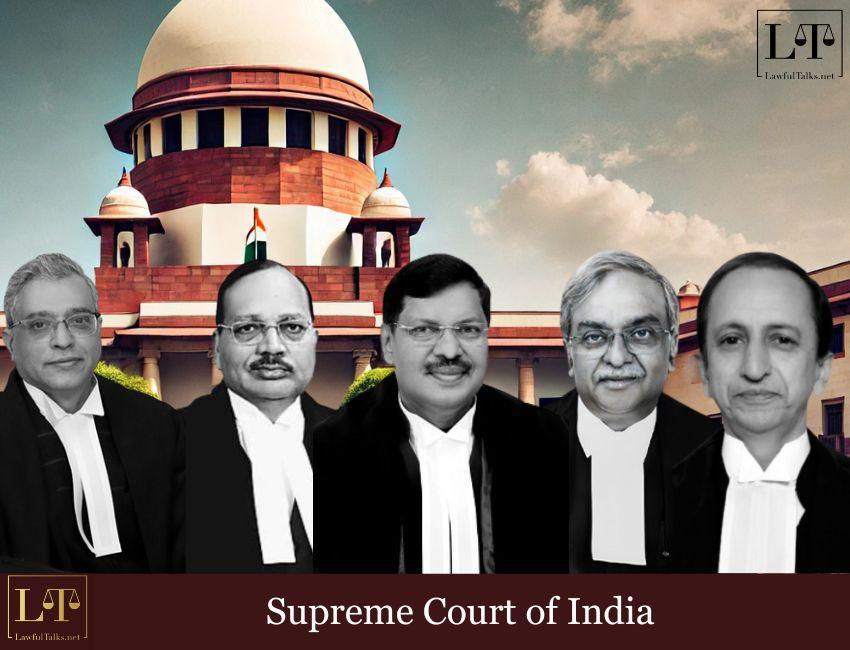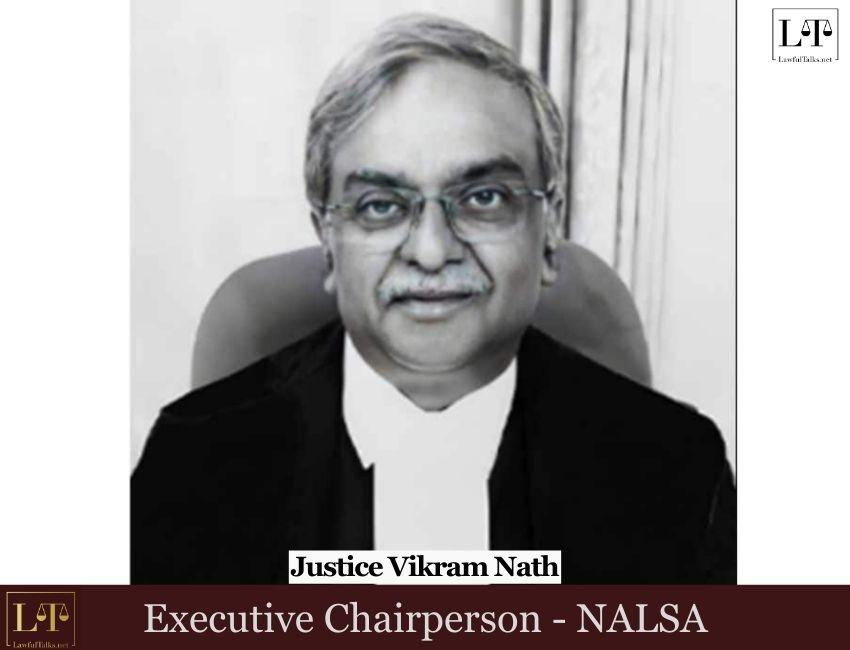Judge Goes Viral for Savagely Putting Rioters in Their Place


In a significant judgement delivered on October 14, 2024, by Justice A. Badharudeen of the Kerala High Court. The court held that the exhibition of one's naked body to a minor with sexual intent constitutes sexual harassment under Section 11(i) read with (r/w) Section 12 of the POCSO Act. This ruling arose from a petition seeking to quash the proceedings against the accused under various sections of the IPC, the POCSO Act, and the Juvenile Justice (Care and Protection) Act, 2015 (JJ Act).
The case's origin traces back to February 8, 2021, when the petitioner, Fisal Khan (the second accused), along with the victim’s mother (the first accused), allegedly engaged in sexual intercourse in a lodge in the presence of the victim, a minor boy aged 16 years. According to the prosecution, when the minor returned after being sent to purchase some articles, he accidentally witnessed the accused in a state of undress engaged in sexual intercourse. Following this, when the minor questioned the actions, Fisal Khan allegedly abused him, grabbed his neck, slapped him on the cheek, and kicked him down. It was further alleged that the victim's mother failed to intervene, despite sharing common intent in the incident.
The court’s interpretation of Section 11(i) r/w Section 12 of the POCSO Act was crucial. The court observed, “when a person exhibits naked body to a child, the same is an act intending to commit sexual harassment upon a child and therefore, the offence punishable under Section 11(i) read with 12 of the POCSO Act would attract”. In this case, the court noted that the accused failed to lock the room and allowed the minor to witness their sexual act. Therefore, the accusation under Section 11(i) read with Section 12 of the POCSO Act was upheld against the second accused.
However, the court quashed the charges under Section 294(b) (obscene acts or words) and Section 341 (wrongful restraint) of the IPC, observing that there was insufficient evidence to support these allegations. The court stated, “the prosecution materials do not suggest that the minor was abused in or near any public place or what is the word used to abuse him.”
The charge under Section 323 r/w Section 34 of the IPC was also upheld. The victim's statements that the accused had physically assaulted him, including grabbing his neck, slapping him, and kicking him, were corroborated by the evidence. The court held that, “the offence punishable under Section 323 read with 34 of IPC, would attract in this case”, as the mother shared common intent by not restraining the accused.
With regard to Section 75 of the JJ Act, the court found that Fisal Khan did not have "actual charge or control" over the child. The court ruled that, “offence punishable under Section 75 of the JJ Act would not attract as against the petitioner, though the same would attract against the other accused, who being the mother of the victim, has actual charge or control over the child”.
In conclusion, the Kerala High Court allowed the petition in part. The criminal proceedings against the Petitioner concerning Sections 294(b), 341 r/w 34 of the IPC, and Section 75 of the JJ Act were quashed. However, the petition for quashing the charges under Section 323 r/w Section 34 of the IPC and Section 11(i) read with Section 12 of the POCSO Act was dismissed. The court directed Petitioner to face trial for the charges under these sections.
Case Details- Fisal Khan v. State of Kerala. CRL.MC NO. 3553/2022
Advocates for the Petitioner: Advocate Liju. M.P
Advocates for the Respondent: Advocate Augustus Binu, Public Prosecutor MP Prasanth
Leave a Comment







